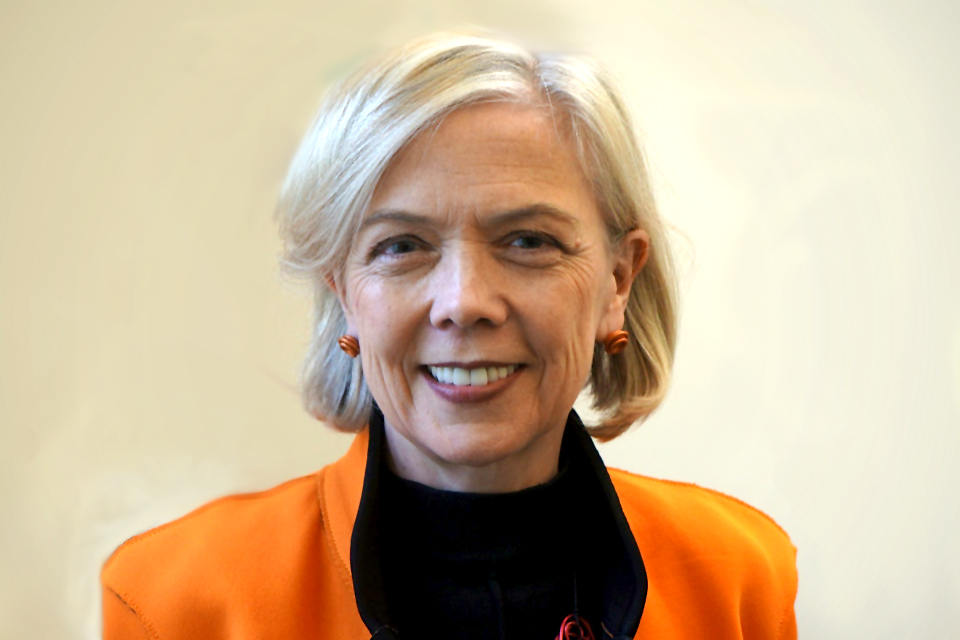Fast Stream participants – many of whom work in DDaT roles – are to undertake a statutory ballot
Credit: Rawpixel
Participants on Whitehall’s graduate scheme could be the next group of civil servants to walk out over pay, after members of the FDA union expressed support for strike action.
Of those who voted in an indicative ballot, some 81% of officials on the Fast Stream programme backed industrial action, with a turnout of 67%. The FDA has now confirmed it will hold a statutory ballot asking members of the scheme – which is a key sources of digital and data talent for departments – if they want to go ahead with strikes.
Meanwhile, the union said the government had given up some ground on next year’s pay offer by committing to submit a case for pay flexibility for fast streamers.
FDA Fast Stream members overwhelmingly rejected a pay rise of 3% this summer. Inflation is now well above this offer, at 11.1%.
Lauren Crowley, the FDA’s national officer for the Fast Stream, said the union has been pressing for the Fast Stream’s “long-term structural pay issues to be addressed through a pay business case submitted this year, but the employer has refused to consider this”.
She said the government had indicated it was planning to submit a business case but subsequently U-turned on that decision.
“Instead, with inflation running in double figures and a cost-of-living crisis compounding the existing poor deal for Fast Streamers, our members were offered a pay uplift which leaves many of our members struggling to make ends meet,” Crowley added.
Related content
- Patchy data means government ‘does not know what skills gaps it has and where’
- Cabinet Office considers options for talented interns after suspension of government graduate scheme
- Civil service cuts: Graduate scheme to be suspended after next year, reports claim
Although further talks were held with the employer and the Cabinet Office, including FDA general secretary Dave Penman meeting with civil service chief operating officer Alex Chisholm, the FDA said the government refused to amend this year’s pay offer.
“We have now reached the conclusion that we have exhausted opportunities to resolve this through negotiation,” Crowley said.
The formal ballot will take place from mid-December until 16 January.
Crowley said any decision to strike “will be a hugely difficult one for our members” but added that the current situation is “completely unacceptable and unsustainable”.
“Fast Streamers carry out vital roles in ensuring the smooth functioning of government and delivery of public services, yet are so poorly paid they are skipping meals and relying on family just to get by. This cannot go on,” she added.
A poll of fast streamers carried out by the FDA earlier this year, which included non-FDA members, revealed one in nine had a second job, a third were having to live with family and half were relying on support from their family to get by. Others said they were skipping meals because they could not afford three meals a day.
In the survey, which half of all fast streamers responded to, four in five said pay had a negative impact on their wellbeing, seven out of eight said were considering leaving the scheme over low pay and seven out of 10 said they want their pay to be equal or comparable to equivalent non-Fast Stream roles.
With a remit to identify and equip future government leaders, cultivating senior managers for the digital, data and technology profession is a key strand of the Fast Stream; of the 1,072 people that comprised the programme’s 2021 intake, 100 joined the specialised DDaT track. This made the digital profession the second-most popular specialism, behind only project-management, which recruited 103 fast streamers.
Earlier this year, the head of the scheme Sonia Pawson told the PublicTechnology Live conference that civil servants now require digital and data skills to progress to managerial roles without key digital and data skills.
“What we realise is that, in time you won’t be able to progress to be a senior civil servant without experience and expertise, for example, in using big data for policy or operational purposes, or in leading a digital project,” she said.
The fight goes on
Although the FDA said it has exhausted efforts to resolve this year’s pay dispute, the union said it is continuing to campaign for “the necessary structural changes to the broken pay system” and “fighting for a deal” that would see Fast Stream pay aligned with the pay band minimum of Cabinet Office Higher Executive Officers by 2024.
“The year one Fast Stream salary has not changed in five years,” Crowley said.
Since 2010, the Fast Stream starting salary has gone from £27,000 to £28,000 – a rise of only 3.7% in 12 years, the FDA said. In the same period the minimum pay for Cabinet Office HEOs has gone up by 15.6% nationally and 15.9% in London, the union added.
The FDA said the Cabinet Office has now made a firm commitment to submit a pay flexibility case for 2023-24, which it said was as a result of the dispute escalating.
This would give the Cabinet Office the flexibility to pay fast streamers more than the standard pay remit guidance next year. Crowley said this was progress and would be a first step in addressing structural pay issues but “does not go far enough to address the substantial increases in cost of living that our members are struggling to cope with”.
This year, departments were limited to pay rises between 2 and 3%. The Cabinet Office’s Fast Stream and Emerging Talent programme offered fast streamers a 3% rise, which was rejected by 95.5% of FDA members who voted on the pay offer.
While the pay battle continues, with applications for the programme reopened; the civil service grad scheme was briefly paused earlier this year as part of now-scrapped plans to cut 91,000 civil service jobs.
A Government spokesperson said: “We value the work of Fast Streamers in the civil service and we are reviewing their pay terms as we have previously committed to. This work is ongoing. Industrial action should always be a last resort, and we urge the unions to recognise what is reasonable and affordable as the whole country faces these cost of living challenges as a result of the pandemic and the war in Ukraine. Discussions will continue, but we can provide reassurance that we have comprehensive plans in place to keep essential services running and to minimise disruption if strikes do go ahead.”



